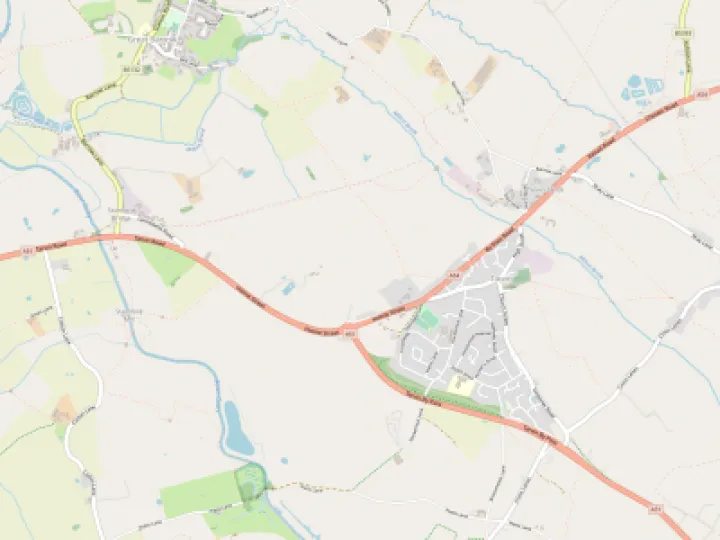Phishing Emails are on the rise again, their creators are getting better and better at getting around firewalls and safeguards, so please be on your guard.
Phishing Emails and Spam email:
- Can contain viruses and spyware.
- Can be a vehicle for online fraud.
- Can contain offensive images.
- Wastes time because of manual filtering and deleting
- takes up space in your inbox.
How to spot them:
Phishing emails can also look like they come from a genuine source. Fake emails sometimes display some of the following characteristics, but fraudsters are getting smarter and with new technology, the emails may have none of these characteristics. They may even contain your name and address.
Possible things to look for:
- The sender's email address may be slightly different from the trusted organisation's website address.
- The email may be sent from a completely different address or a free webmail address.
- The email may not use your proper name, but a non-specific greeting such as "Dear customer."
- A sense of urgency; for example the threat that unless you act immediately your account may be closed or you are being charged some money (A common example is "we have taken your regular direct debit of £94, if you were not expecting this, please click on this link").
- A prominent website link. These can be forged or seem very similar to the proper address, but even a single character's difference means a different website.
- A request for personal information such as username, password or bank details.
- You weren't expecting to get an email from the organisation that appears to have sent it.
- The entire email may be contained in an image rather than the text format. The image often contains an embedded link to a fake or fraudulent site.
Stay safe
- Use your common sense
- Do not open emails or respond to emails which are from unknown sources or which you suspect as being scams.
- Do not forward emails which you suspect as being scams.
- Don't open attachments from unknown sources.
- If in doubt, contact the person or organisation the email claims to have been sent by using contact information from their actual website or a letter you have, not the contact details given in the email. Better safe than sorry.
- Do not click on links in emails from unknown sources. Roll your mouse pointer over the link to show its true destination, displayed in the bottom left corner of your screen or under the cursor. Beware if this is different from what is displayed in the text of the link from the email.
- Do not make purchases or charity donations in response to spam email.
- Don't click on 'remove' or 'unsubscribe' or reply to unwanted email.
- Check junk mail folders regularly in case a legitimate email gets through by mistake.
- When sending emails to multiple recipients, list their addresses in the 'BCC' (blind copy) box instead of in the 'To' box. In this way, no recipient will see the names of the others, and if their addresses fall into the wrong hands there will be less chance of you or anybody else receiving phishing or spam emails.
- Similarly, delete all addresses of previous parties in the email string, before forwarding or replying.
- If you are suspicious of an email, you can check if it is on a list of known spam and scam emails that some internet security vendors such as McAfee and Symantec feature on their websites.
- Most Microsoft and other email clients (e.g. Outlook) come with spam filtering as standard. Make sure yours is switched on.
- Most spam and junk filters can be set to allow email to be received from trusted sources, and blocked from untrusted sources.
- When choosing a webmail account such as gmail, Outlook.com or Yahoo! Mail, select one that includes spam filtering and that it remains switched on.
- Most internet security packages include spam blocking. Ensure yours is up to date and has this feature switched on. ALWAYS keep upper internet security package updated, check for updates or keep automatic updates switched on, no matter how annoying the constant interruption can be, it is keeping you safe.
- Be suspicious of scare tactics and check out hoax websites if you suspect something is a hoax, then it probably is.
The above information is taken from getsafeonline.org. Check out this really useful website for advice and information. CLICK HERE https://www.getsafeonline.org
It is worth subscribing to their Newsletter
Quick Links
Get In Touch
TarvinOnline is powered by our active community.
Please send us your news and views.







